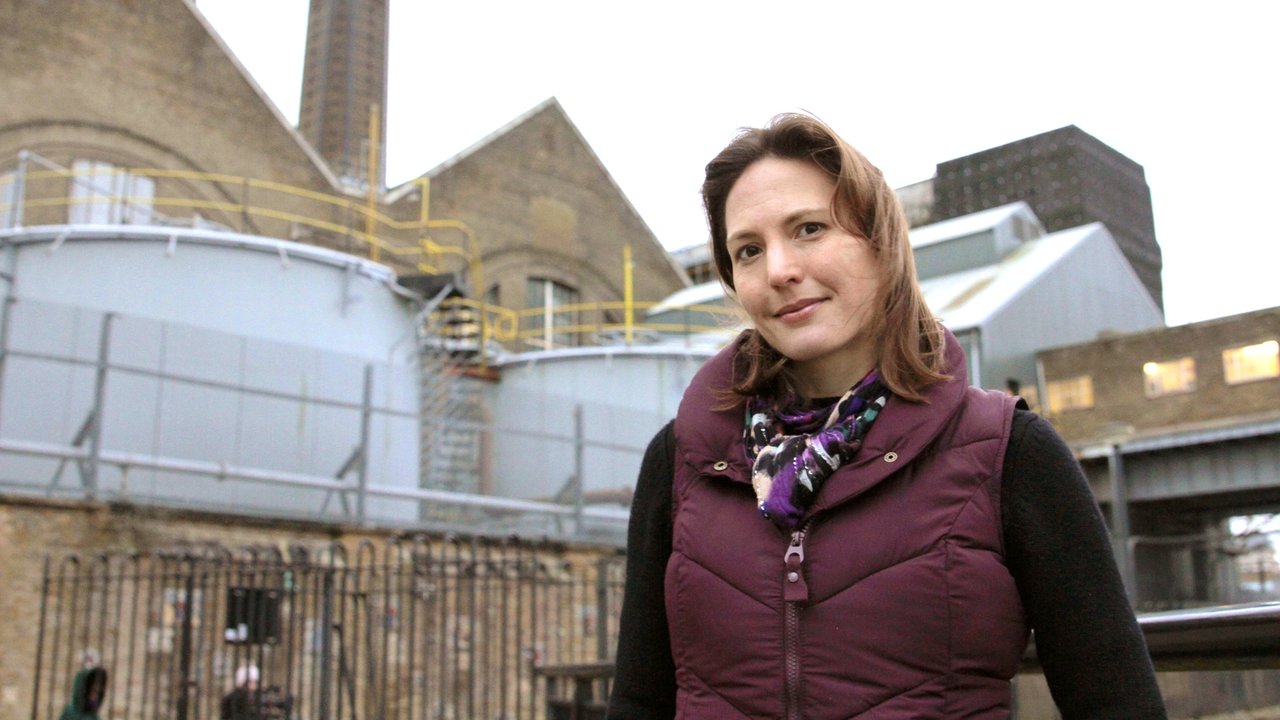
Climate Change: A Horizon Guide (2015)
Dr Helen Czerski delves into the Horizon archive to chart the transformation of a little-known theory into one of the greatest scientific undertakings in history.

Dr Helen Czerski delves into the Horizon archive to chart the transformation of a little-known theory into one of the greatest scientific undertakings in history.
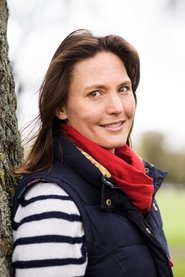 Helen CzerskiHerself - Presenter
Helen CzerskiHerself - PresenterHow incomprehensible would a higher intelligence find the plodding human species and the way it treats the Earth? And do Czechs differ in the way they care for nature?
Of the Seven Wonders of the Ancient World, the Pyramid is the only one to survive. Many believe that even with our 21st-century technology, we could not build anything like it today. Based on the most up-to-date research and the latest archaeological discoveries, here is how the Pyramid came to be.
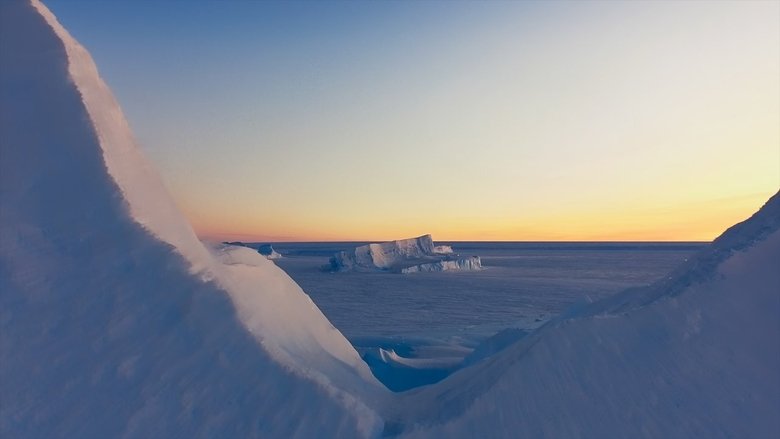
Antarctica is the most extreme continent on our planet—higher, colder, and even drier than any other on Earth, and although it is thousands of miles away, what happens here affects every single one of us.

To the Least of My Brothers and Sisters is a new documentary on the life of Jerome Lejeune, the Father of Modern Genetics that was made to celebrate the 20th anniversary of his death. Filmed on two continents, it contains numerous interviews with former colleagues, families, current medical researchers, and others, all who express the importance of Jerome Lejeune in both the history of medicine and the defense of the dignity of human life.
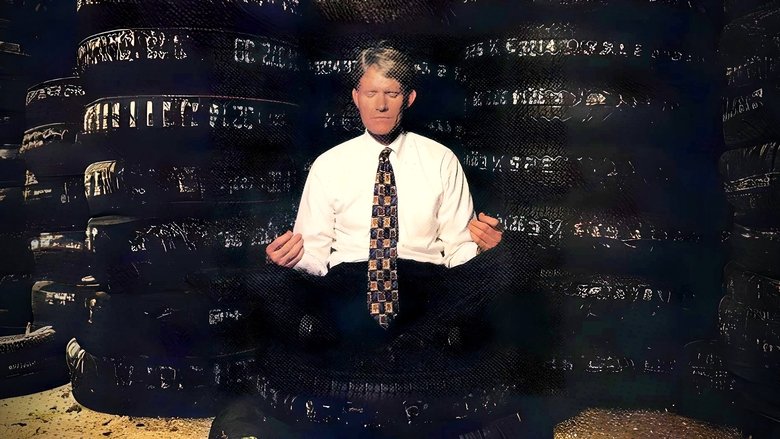
A bare-knuckled critique of corporate America told through the powerful true story of a toxic CEO who evolves from a profits-over-people, philandering executive to an unorthodox leader, populist messenger, and mentor to American influencers. It’s a story of growth, redemption and the impact of self-awareness on leadership and life.

Coming in all shapes and sizes, bacteria are present in every corner of the Earth. Their purposes and types are even more diverse, with only 1% being truly harmful. Dive into the world of Bacteria to experience the latest discoveries and scientific knowledge surrounding these plentiful and necessary microbes.
Richard Feynman is one of the most iconic, influential and inspiring scientists of the 20th century. He helped design the atomic bomb, solved the mystery of the Challenger Shuttle catastrophe and won a Nobel Prize. Now, 25 years after his death - in his own words and those of his friends and family - this is the story of the most captivating communicator in the history of science.
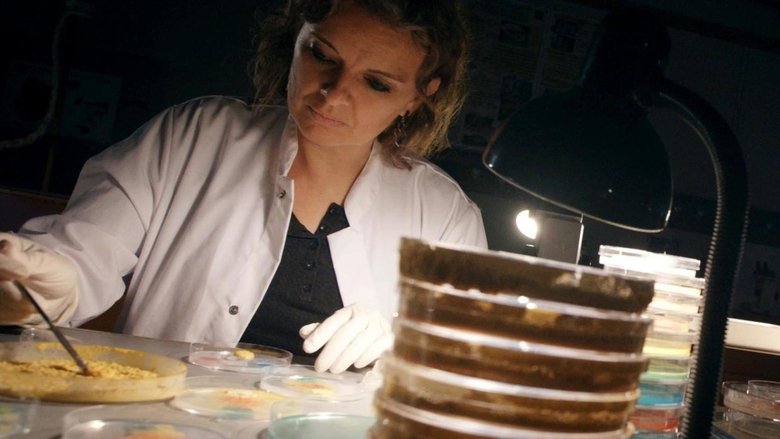
This documentary outlines the unique properties and latest studies of "Physarum Polycephalum", also known as Blob.
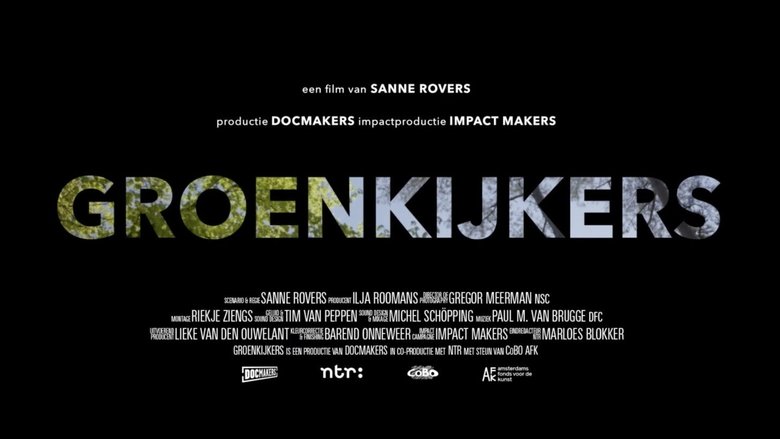
Documentary that explores the birth and growth of satellite espionage.
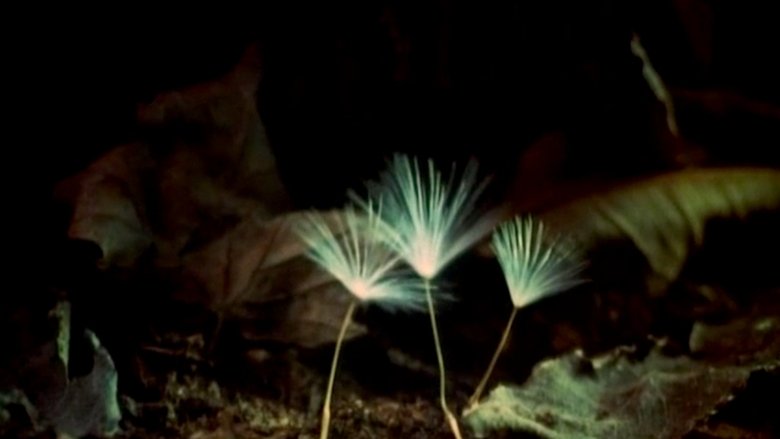
A documentary about the study of plant sentience with original music by Stevie Wonder. Utilizing time-lapse photography, the film proposes that plants are able to experience emotions and communicate with the world around them.
A look back at the origins of rocket science and forward to the cutting edge technology of reusable rockets and shuttles. Using computer animation, the program also explores the future of space travel that may some day carry commercial passengers or "tourists" into space.
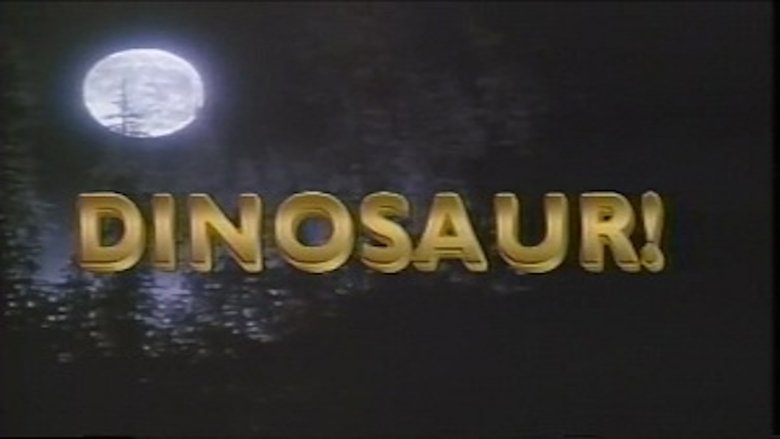
An entertaining documentary look at dinosaurs with Emmy Award-winning special effects, feature film clips and stills, commentary by leading paleontologists of the time, and an on camera as well as voice-over narrative by Christopher Reeve. Shot on location in Los Angeles and New York at the American Museum of Natural History
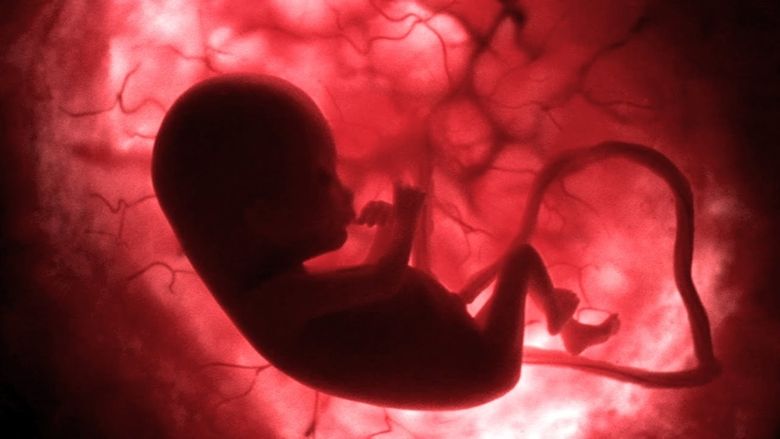
In The Womb is a 2005 National Geographic Channel documentary that focus on studying and showing the development of the embryo in the uterus. The show makes extensive use of Computer-generated imagery to recreate the real stages of the process.
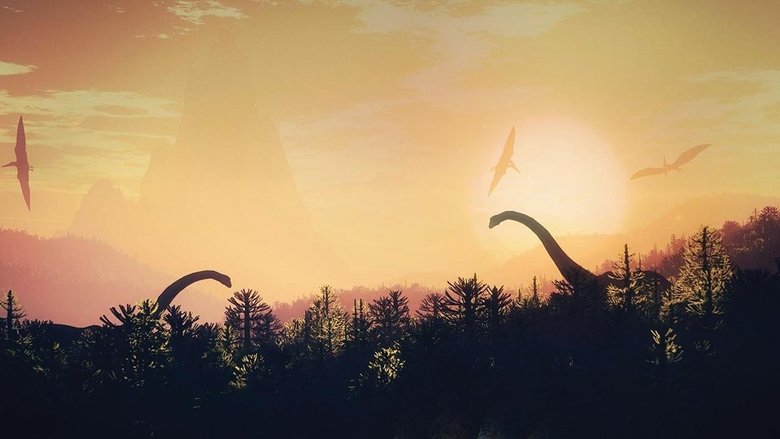
Five times, Earth has faced apocalyptic events that swept nearly all life from the face of the planet. What did these prehistoric creatures look like? What catastrophes caused their disappearance? And how did our distant ancestors survive and give rise to the world we know today?
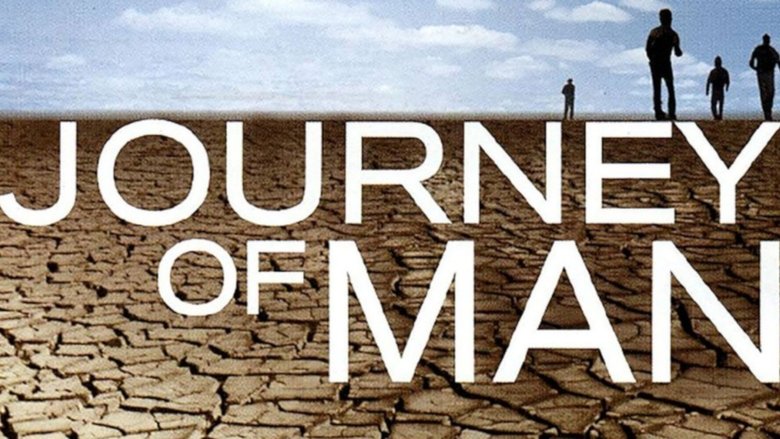
Many geneticists and archaeologists have long surmised that human life began in Africa. Dr. Spencer Wells, one of a group of scientists studying the origin of human life, offers evidence and theories to support such a thesis in this PBS special. He claims that Africa was populated by only a few thousand people that some deserted their homeland in a conquest that has resulted in global domination.
Raising angora rabbits for wool; new marine navigation and safety technology; kitchen gadgets; developing new rose varieties.
Orson Welles — with contributions from scientists George Wald, Carl Sagan, and others — examines the possibility and implications of extraterrestrial life. In examining our perceptions of alien 'martians' from his "War of the Worlds" broadcast, to then-modern explorations of Mars, this film from NASA provides a unique glimpse at life on earth, and elsewhere in the universe.
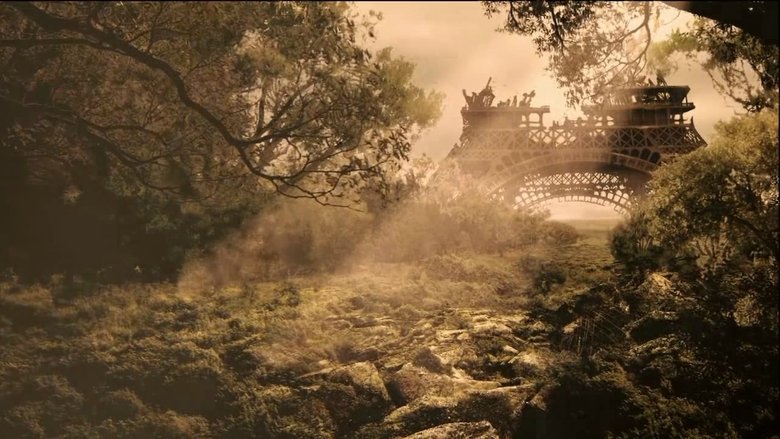
Aftermath: Population Zero investigates what would happen if every single person on Earth simply disappeared. Explore the interactive world without us.